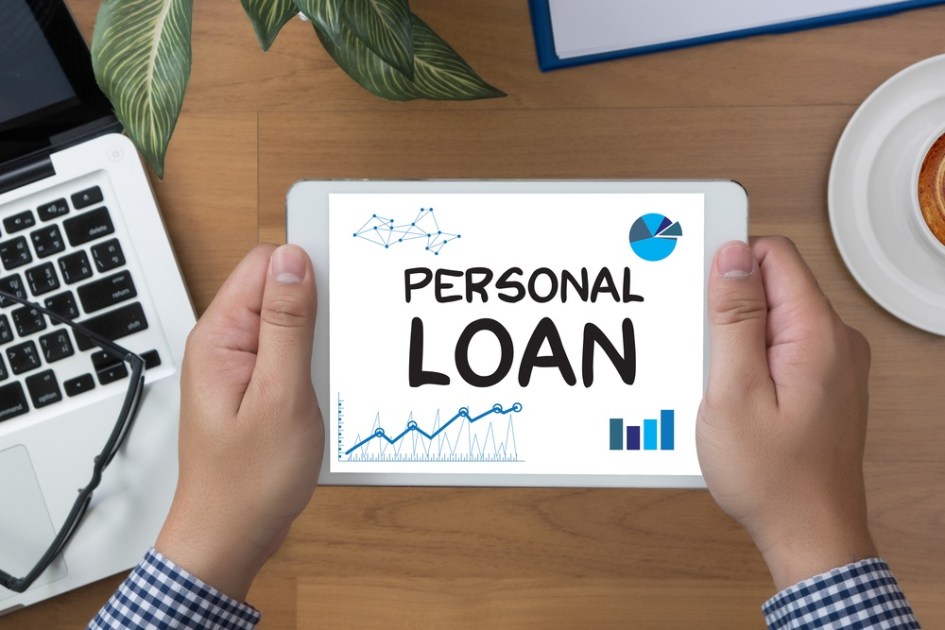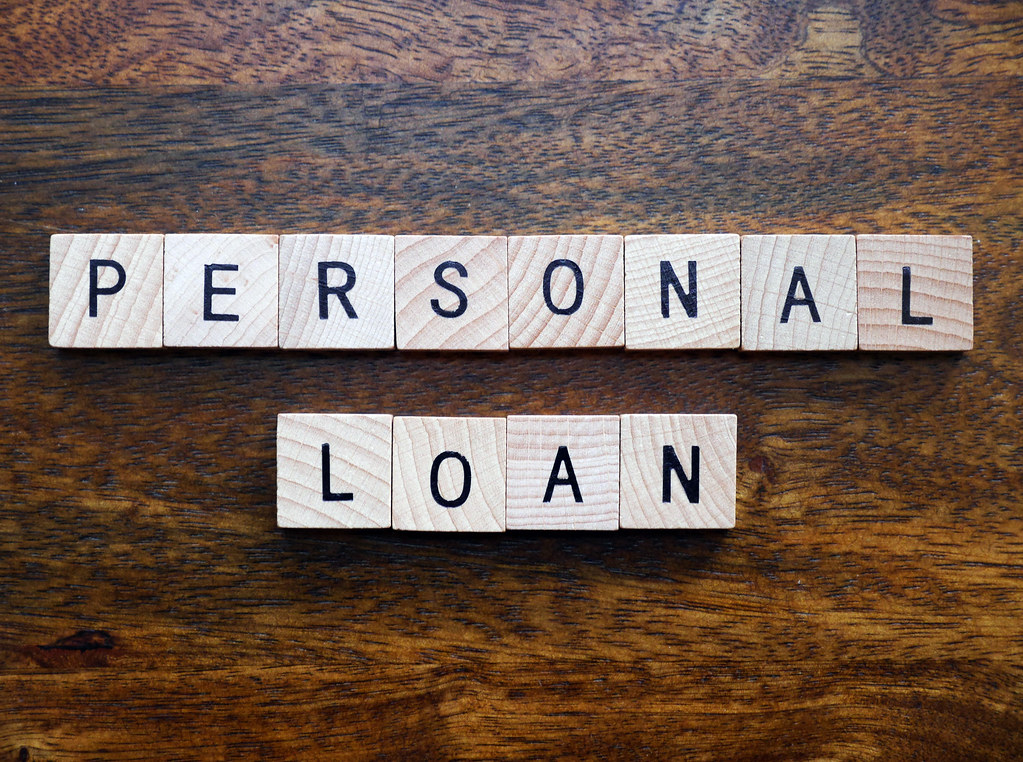
It is not tough to learn how to grasp consumer loans. Many individuals are unaware of what they are, but this is due to a lack of research. Most individuals have already filed for consumer loans, so you’re likely to have one. You have applied for a consumer loan if you have ever applied for a student or a credit card loan.
They must be understood by everyone who wants to achieve financial success since they can be useful financial tools. They enable people to obtain items that they would not otherwise be able to get.
Millions of Americans utilize personal loans every year to consolidate debt, pay for unexpected bills, renovate their homes, and more. According to TransUnion, the number of persons with personal loans has risen from 16 million to even more than 20 million in recent decades.
Why do so many people find them appealing? Personal loans have lower interest rates and smaller loan amounts than most other types of loans, making them attractive to consumers with good credit. They aren’t, however, the greatest option for everyone.
If you’re considering taking out a personal loan, there are a couple of things you should know about them before making a choice.
What is the procedure for obtaining one?

Installment loans are very similar to personal ones. This means you borrow a certain amount of money and repay it in monthly installments with interest over the loan’s term, which commonly spans from 12 to 84 months. Your account will be canceled once you have paid it off in full. If you require additional funds, you must apply for a new loan.
The loan amounts differ by lender, but they commonly range between $1,500 to $100,000. The number you qualify for is determined by your score (i.e., how sure creditors are in your ability to repay them if you borrow money).
It is important to consider why you require funds and select the most appropriate loan type based on your existing financial condition. Check out Forbrukslån.no to find out more details about the topic.
Two types of loans
Personal loans are divided into two categories, and those are secured and unsecured.
Personal loans that are not secured by collateral are known as unsecured loans. Depending on your financial history, the lender determines if you qualify. Some lenders provide secured loans if you do not apply for an unsecured loan or want a lower rate.
Secured personal loans are guaranteed by assets such as a bank account or a certificate of deposit. If you default on your payments, your lender may be able to seize your property as payment for the loan.
How can you receive a personal loan?

When you consider where to get a loan, banks are among the first places that immediately spring to mind. Personal loans are available from a variety of financial institutions, including banks and credit unions.
People who qualify can get loans through credit unions, consumer financing firms, online lenders, and peer-to-peer lenders.
In recent years, a slew of new internet lenders has appeared. If you have any doubts about a lender’s legitimacy, contact the Consumer Financial Protection Bureau or the Better Business Bureau.
Personal loans vs. other types of financing
Personal loans can help you get the money you need in a variety of scenarios. Still, they are not always the greatest option. If you already have the perfect score, you may be eligible for a 0% introductory APR balance transfer credit card. A credit card could be a wiser choice if you can pay off the bill before the interest rate increases.
Keep in mind that if you receive a balance transfer card and cannot pay off your balance or incur a late payment until the introductory rate expires, you might end up paying thousands and thousands of dollars in interest.
If you are a homeowner, you might want to look into a home equity loan or line of credit, often known as HELs or HELOCs. These loans may be able to give you the funds you require for higher loan amounts at reasonable interest rates. HELOCs are revolving credit, while HELs are often installment loans. However, keep in mind that these accounts use your home as collateral. If you skip on your loan, your lender may be able to foreclose on your property as payment.
Your credit scores will be affected

The borrower will pull your credit as part of the application procedure when you apply for a loan. This is referred to as a hard inquiry, and it lowers your credit ratings by several points. Hard inquiries, on average, linger on your credit reports for two years.
When you’re looking for the best prices, some borrowers with whom you already have an account will do a credit check on you. This is referred to as a soft inquiry, and it has no bearing on your credit ratings.
Check your rates with lenders who offer soft pulls, which do not affect your credit ratings.
Interest rates and other fees
Interest rates and fees can have a significant impact on how much you pay over the lifetime of a loan, and they fluctuate significantly from one lender to the next. Here are a few things to think about.
The first is interest rates. Based on the lender and your credit, rates normally range from roughly 5% to 36%. The stronger your credit, the less your interest rate will be in general. And the longer the length of the loan, the more interest you will have to pay.
Do not forget about the origination fees. Some lenders demand a fee to offset the costs of loan processing. Origination fees usually range between 1% to 6% of the total loan amount.
You also have prepayment penalties to consider. Some creditors charge a fee if you repay your loan early since they lose out on some of the interest they would have collected otherwise.
Consider adding up all the charges involved with the loan, not just the interest rate, to estimate the entire amount you will be accountable for repaying before signing the contract. Read more on this page.
What is the greatest way to acquire the best personal loan deal?
Do not just take the first rate your bank or credit union offers you. You also need to compare APRs from several lenders to see which ones are the cheapest. APRs are compared but you might have to pay more if you do not have a good credit score. You can do this with the help of a comparison website.
Before you apply, get a quote from the lender. If they need to run a credit check, ask if they may use a ‘quotation search’ (also known as an ‘eligibility checker’ or a ‘soft search credit check’) instead of an application search, which leaves no trace on your credit record.
You can also consider peer-to-peer loans, particularly if your credit score is good. These loans may have reduced interest rates and are only accessible for a limited amount of money. They appear in almost all comparison tables. As you can see, there is a lot of research to be done, and if you want to make the best deal, you should roll up your sleeves.